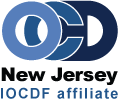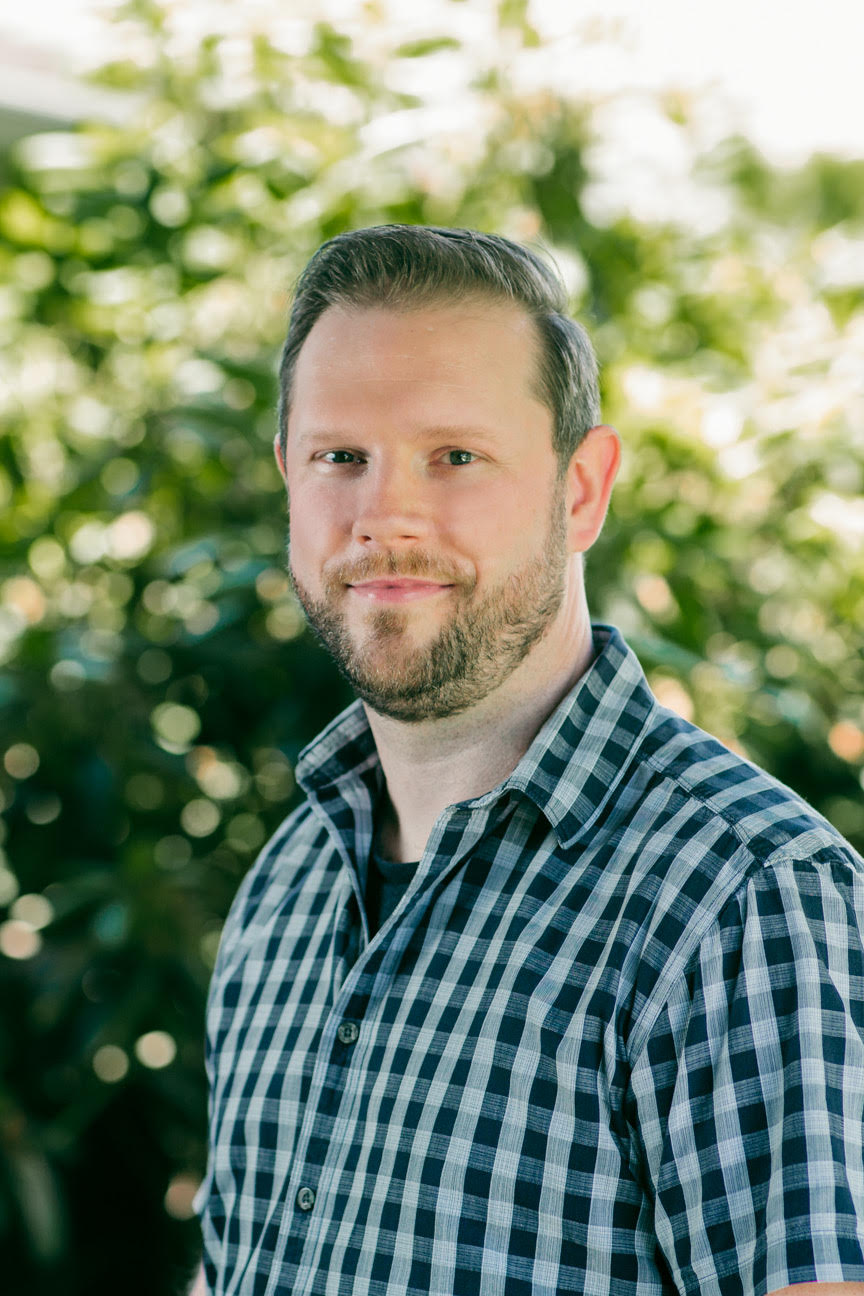OCD New Jersey
An affiliate of the International OCD Foundation
24th Annual Conference
Sunday, February 25, 2024
DOWNLOAD: 2024 OCDNJ Conference Review
An Interactive Multimedia Presentation by Michael Heady, MA, LCPC
“Inference-Based CBT: A New Hope for OCD”
For over 50 years, behavioral models of treatment such as exposure and response prevention (ERP) have been the primary evidence-based treatments for obsessive-compulsive disorder. Meta-analyses consistently demonstrate these treatments to help approximately 50% of sufferers achieve clinically significant reductions in symptoms and only slightly more experience some reductions in symptoms (Ost et al., 2015 & Reid et al., 2021). It is clear that sufferers need more evidence-based treatment options. Inference-Based CBT (I-CBT) offers an evidence-based alternative to behavioral approaches that does not entail deliberate or distressing exposures (Aardema et al., 2022, Visser et al., 2015, and O’Connor et al., 2005). In this workshop you will learn how dysfunctional reasoning processes construct and maintain obsessions (Baraby et al., 2022) and how one’s vulnerable self-theme selects for specific obsessional content areas (Yang et al., 2021). Attendees will learn that there are roads to recovery beyond ERP.
Target audience: professionals, individuals with OCD and their support persons
The Learning Objectives of the presentations will:
- identify the cognitive processes that construct obsessional doubts.
- conceptualize obsessions as faulty inferences of doubt.
- distinguish obsessional doubting from normal doubting.
- assess for and identify vulnerable self-themes that determine obsessional content.
More About Our Presenters:
is a full-time clinician and the Co-Owner/Director of the Anxiety and Stress Disorders Institute of Maryland (ASDI) where he has specialized in the treatment of OCD, anxiety disorders, and related conditions for the last 16-years. He is a faculty member of the International OCD Foundation (IOCDFs) Training Institute, a Clinical Fellow with the Anxiety and Depression Association of America (ADAA), and is on the Advisory Board for OCD Training School. As a former adjunct professor of psychology at McDaniel College and a regular presenter at annual conferences for the IOCDF and ADAA, Mike has a passion for learning and teaching. He provides clinical consultation to therapists and has produced numerous professional webinars for organizations including ADAA, IOCDF, NOCD as well as group practices and clinics across the U.S. on topics related to OCD treatment as well as training in ERP and I-CBT. He has appeared on several podcasts discussing I-CBT, ERP, shame, intimacy, perfectionism and other OCD and anxiety related issues.
is a Licensed Clinical Psychologist (NJ #4380), Board Certified in Behavioral and Cognitive Psychology. She is the Founder and Executive Director of The Center for Emotional Health of Greater Philadelphia (CEH), a multi-site, behavioral healthcare center specializing in the evaluation and evidence-based treatment of anxiety disorders, OCD and related disorders, and neurodevelopmental disorders, with office locations in Cherry Hill and Princeton, NJ and providing telehealth services across the US under the authority of The Psychology Interjurisdictional Compact (PSYPACT). Dr. Deibler is President of OCD New Jersey, the NJ affiliate of the International OCD Foundation (IOCDF), and Faculty of IOCDF’s Behavior Therapy Training Institute (BTTI).
Registration Fees:
Regular Registration for Students/Non-CEU (by 2/12/24) – $60.00 USD
Regular Registration (by 2/12/24) – $75.00 USD
On-site Registration on 2/25/24:
Regular Registration – $70
For CEU Credits – $85
To order a kosher meal for lunch, please email: nicole.torella@gmail.com



